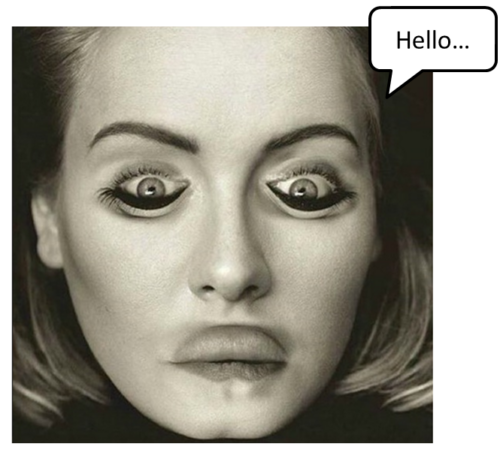
Up there with the Myers-Briggs Type Indicator is the ever-popular Learning Styles assessment. Such assessments are meant to measure which “way” we learn information best (e.g. visual, audio, etc.). Results indicate what type of learner you are, but what does empirical research have to say about learning styles?

“It’s hard to explain how amazing and magical this experience is. First of all, there’s the astounding beauty and diversity of the planet itself, scrolling across your view at what appears to be a smooth, stately pace… I’m happy to report that no amo …
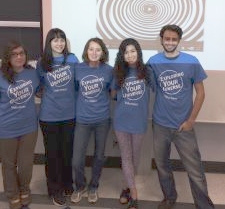

The polyvagal theory is a neurobiological theory relating social engagement, physiology, and developmental outcomes. When I was first learning the theory, I struggled to understand some of the theory’s basic terms and could not find a resource that simplified it. Therefore, this three–part series of articles is intended to serve as an introduction to the theory.

A fundamental aspect of the human experience is undeniably emotion. Love, anger, happiness, fear: these are concepts that we are all intimately familiar with, but their subjective experience can vary widely person to person.

How would multilingual education benefit English-language learning (ELL) students?
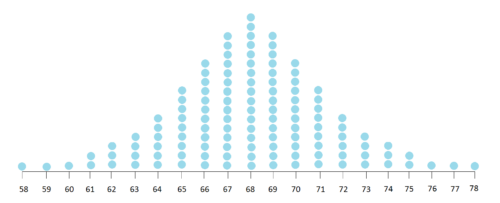
Sampling distributions are one of the most concepts in statistics. This article introduces the basic ideas of a sampling distribution of the sample mean, as well as a few common ways we use the sampling distribution in statistics.

Millions of people are diagnosed with cancer each year, and while not all cases of cancer are preventable, between one third and one half of these cases could be prevented by changing some everyday behaviors. Knowing that your behavior can have a real impact on your health is helpful, but what specific things can you do? Here’s some advice backed by scientific evidence that may help prevent certain cancers

Navigating the graduate school application process can be a very overwhelming and stressful experience. Potential applicants are understandably faced with countless questions, such as: “How many schools should I apply to?” “When should I take the GREs? …
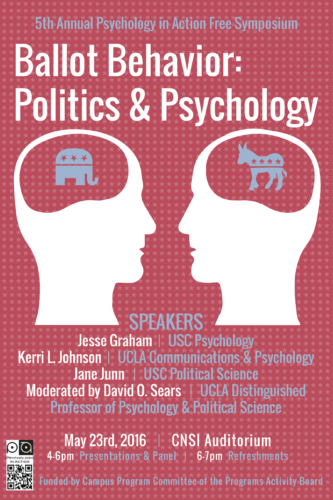
Psychology in Action is proud to announce our fifth annual interdisciplinary symposium, Monday, May 23rd, 2016, from 4 to 6pm in UCLA’s CNSI Auditorium. The discussion will focus on factors that influence voters’ beliefs and behavior. Th …
Refuting the idea that the relationship between emotions and health is just a “first-world problem,” both positive and negative emotions were uniquely related to self-reported health outcomes in this global sample.

It was a crisp spring morning in my high school English class as I took my seat near the window. At some point during class, I had noticed a flower blooming outside. My mind gently tracked away from the Grapes of Wrath discussion to the Biology lecture …

Many saw Batman vs Superman: Dawn of Justice this last week (420+ million box office), a story about Bruce Wayne, a single man backed by wealth, angry determination and personal fortitude, taking on Superman, a very non-figurative manifestation of limi …

When I was an undergraduate Research Assistant, I worked with two- to six-year-old kids in a developmental psychology lab. Aside from my general incapacity to get small children to cooperate, the data collection process took an excruciatingly long time …
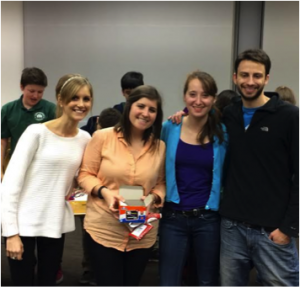
Sleep! Taste! Heart rate! Emotions! Memory! These were only a few of the winning performances by middle school students during Brain Charades, a Psychology in Action (PIA) led event during Brain Awareness Week. The PIA outreach team was on the frontlin …
